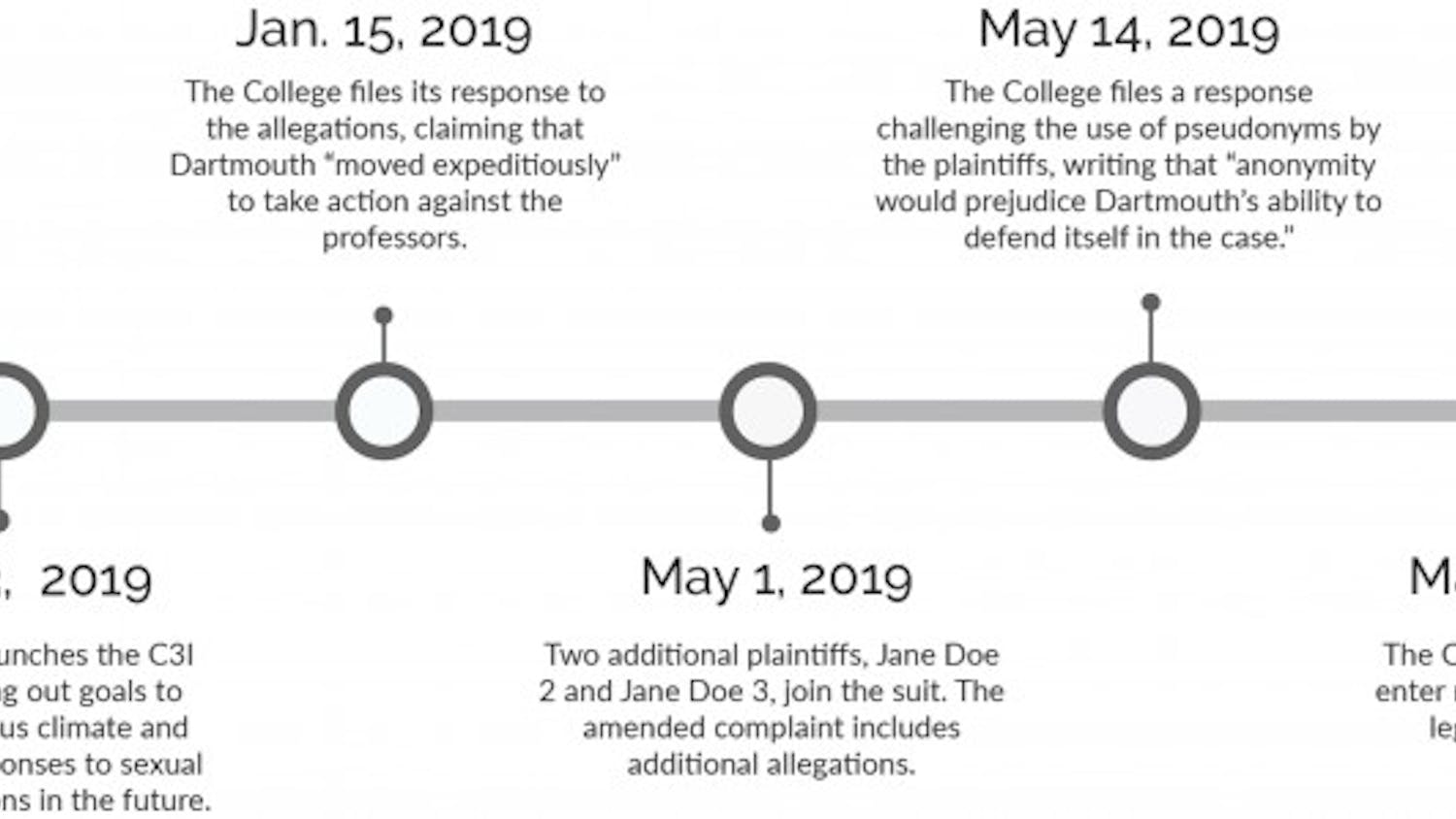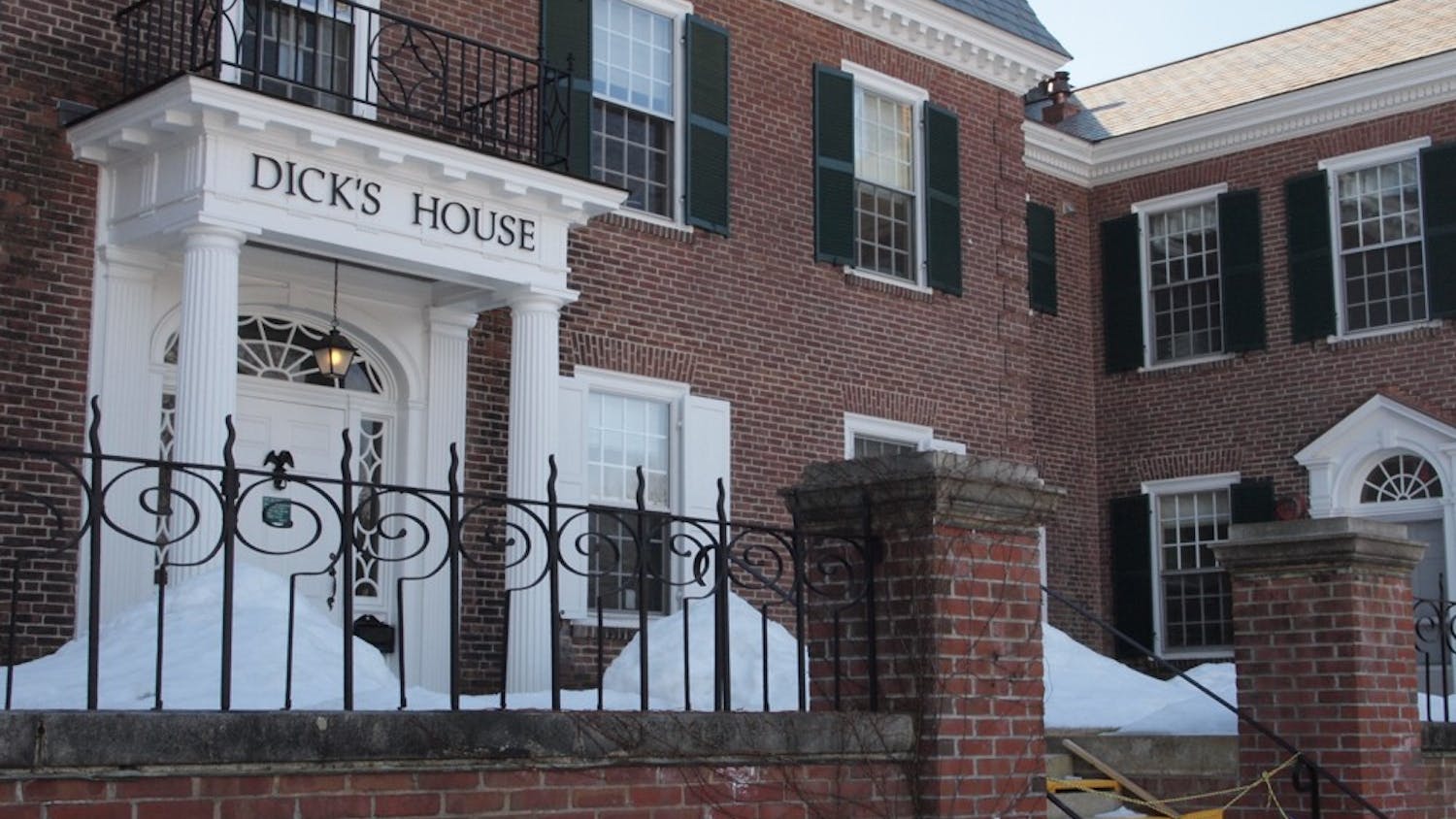Updated: Jan. 15, 2020 at 2 p.m.
A member of the Dartmouth community is currently being treated for an active case of tuberculosis, according to an email to campus sent by College Health Service director Mark Reed. The email noted that the individual is currently being treated off campus and will not return until they are medically cleared by the state.
The individual’s name will not be released due to patient confidentiality laws, and Reed asked those who know the person’s name to not divulge their identity.
Over the coming days and weeks, the College will identify and contact individuals who were in contact with the infected person. Community members in contact with the individual may have to be screened for tuberculosis, the email noted.
“The health and safety of our community is our most important concern and I want to stress that there is no further risk of tuberculosis contagion to the community from this person,” Reed wrote in the email.
College spokesperson Diana Lawrence declined to comment further beyond the content in Reed’s email.
The College is working with New Hampshire deputy state epidemiologist Elizabeth Talbot and public health experts in its response. The College is also hosting to forums today and tomorrow to inform community members about the College’s response.
Not everyone infected with tuberculosis, the email notes, develops the illness. The affected community member has active tuberculosis; over 9,000 cases of tuberculosis were reported in the United States in 2018. Latent tuberculosis, which affects approximately 13 million people in the U.S., is present in the body without making one ill.
In a community forum held Wednesday afternoon, Talbot discussed the efforts of the College and state public health service to identify and contain the risk of infection.
While Talbot noted that there is no ongoing exposure of the disease on campus, she said that it is likely that some community members will be affected as a result of the active case. The investigation, which could take weeks or months, will look as far back as the fall term, she added.
“The priority is to identify those at highest risk,” Talbot said.
Talbot said that in the cases where there is a risk of latent TB infection, the College will be using a blood test diagnostic for affected individuals, which she noted is a better diagnostic than a skin test. That test takes two to three days for a laboratory to process. In the case of a positive test, treatment for active TB includes drugs taken over a few months.
“This is a completely treatable disease in almost every arena,” Talbot said.
In an interview with The Dartmouth after the presentation, Talbot said that it is not believed the original infection was obtained on campus or through any Dartmouth-sponsored activity. She declined to comment on the number of individuals potentially affected.
Students with health concerns can contact the DCHS at 603-646-9400 or the New Hampshire public health team at 603-271-4496. A second community forum will be held on Thursday at 1 p.m. in Dartmouth Hall.
This article will be updated as more information becomes available.




